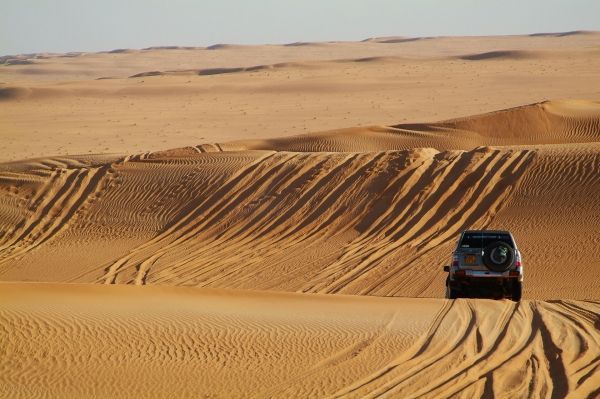The Sahara, the world’s largest desert, stretching more than 3.5 million square miles, has grown by 10 percent over the last century due to a combination of natural climate variations and global warming, according to new research published in the Journal of Climate.
Most of the expansion has happened to the south, during historically rainy summer months, with the Sahara’s borders edging closer to agricultural areas in Sudan, Chad, and Mauritania. Northward expansion of the Sahara has happened largely during the winter months, the study found.
“The annual perspective is not very informative for water resource planning, for agricultural development,” study co-author Sumant Nigam, a climate scientist at the University of Maryland, told E&E News. The most important information is what’s happening during the “agriculturally sensitive summer season,” he said.
Read more at Yale Environment 360
Image via Pixabay


